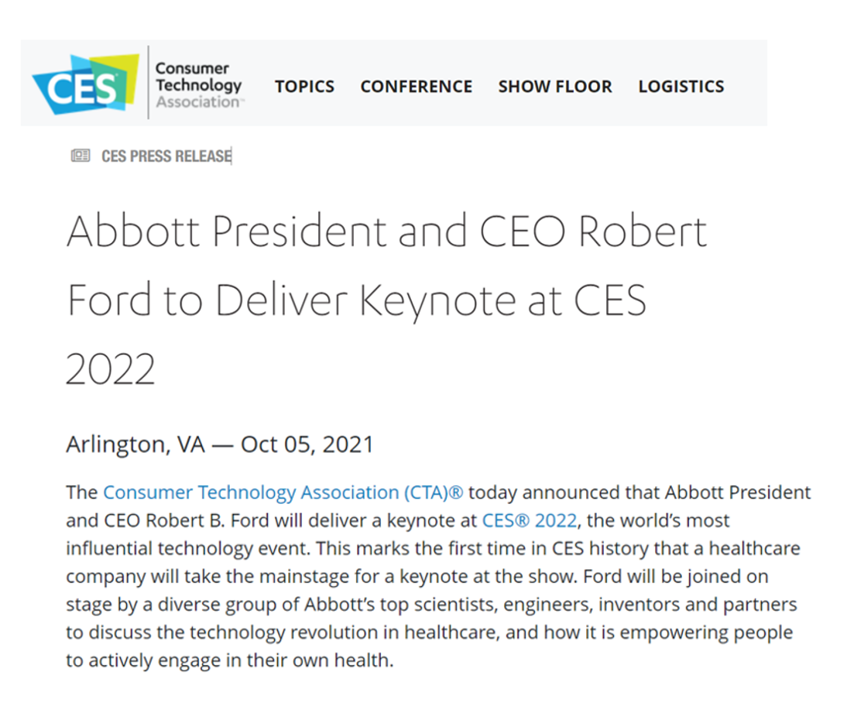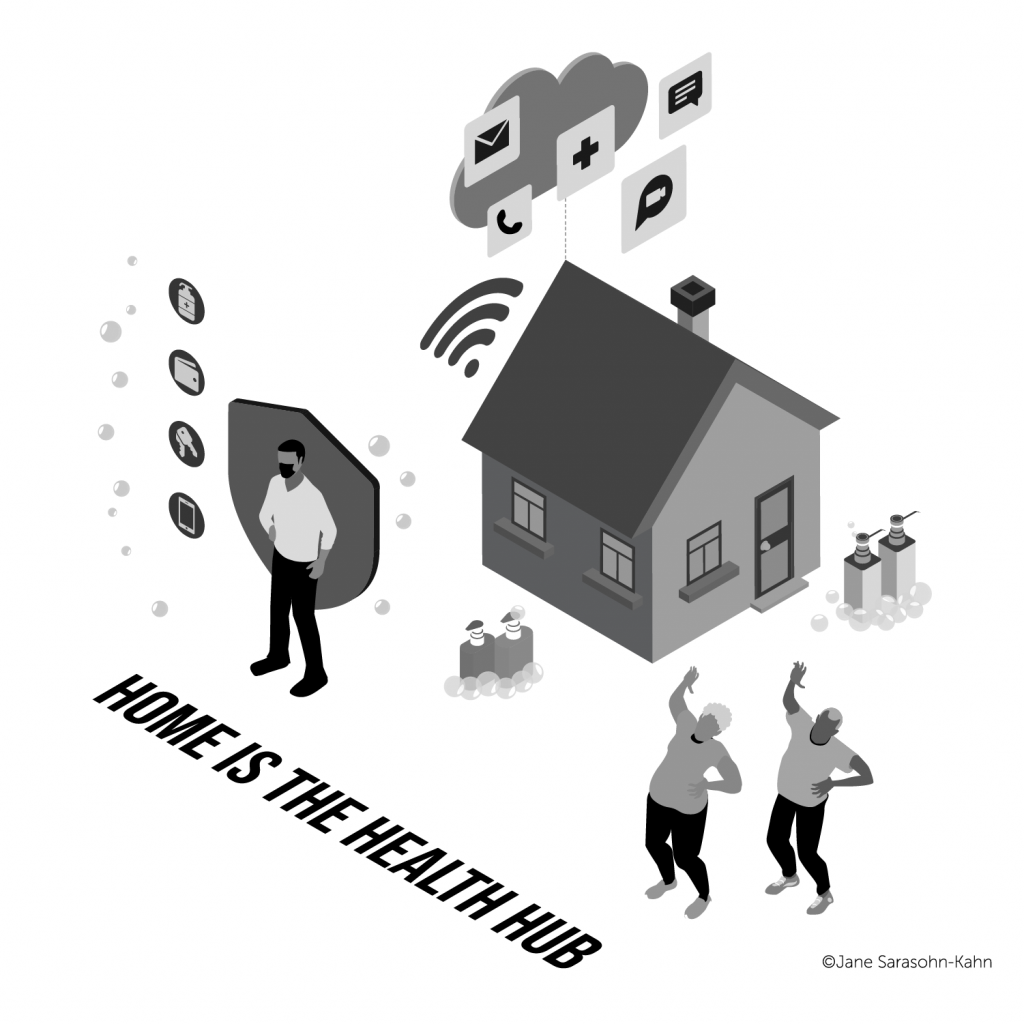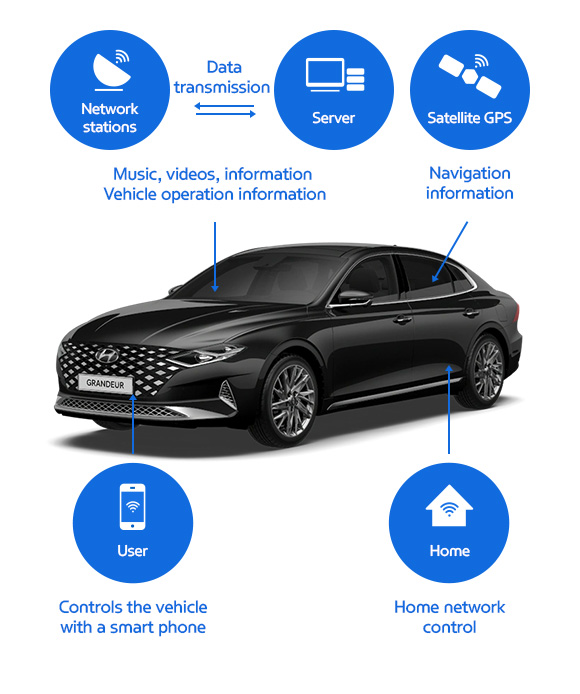 The Consumer Technology Association (CTA) announced that Robert Ford, CEO and President of Abbott, will give a keynote speech at CES 2022, the world’s largest annual convention of the technology industry.
The Consumer Technology Association (CTA) announced that Robert Ford, CEO and President of Abbott, will give a keynote speech at CES 2022, the world’s largest annual convention of the technology industry.
This news is a signal that health care and the larger tech-enabled ecosystem that supports health and well-being is embedded in peoples’ everyday lives.
Digital health as a category has been a growing feature at CES for over a decade, starting with the early wearable tech era of Fitbit, Nike, Omron and UnderArmour, early exhibitors at CES representing the category.
By 2020, the most recent “live, in person” CES, we saw the digital health aisle grow with sleep tech, mental and behavioral health tools, connected fitness including fast-growing Peloton, and the likes of Omron and others achieving FDA clearance for clinical-grade technologies that consumers could buy on Amazon — with or without their doctors’ recommendations or more formal prescription.
That a pharmaceutical company executive is speaking on the main stage at CES speaks to the category’s mainstreaming beyond elite athletes and smartwatches that track activity.
Abbott and others in their core business space of pharma, specialty medicines, and medical devices are now part of the expanding digital therapeutics world that marries software to medical goods – whether a pill or device – to bolster health outcomes, adherence, and quality.
 Other forces on the demand side of health/care converge with this supply side to make the market for tech-enabled, consumer-facing health care. People w3re already adopting digital tech for health before the pandemic began; Apple and Xiaomi dominated market shares for wearable tech globally, and mobile apps for health, wellness, and fitness approached 40,000 available in app stores. Beyond tracking activity/steps, exercise and weight via digital means, more patients began to track blood pressure with connected cuffs and wrist-worn devices.
Other forces on the demand side of health/care converge with this supply side to make the market for tech-enabled, consumer-facing health care. People w3re already adopting digital tech for health before the pandemic began; Apple and Xiaomi dominated market shares for wearable tech globally, and mobile apps for health, wellness, and fitness approached 40,000 available in app stores. Beyond tracking activity/steps, exercise and weight via digital means, more patients began to track blood pressure with connected cuffs and wrist-worn devices.
The COVID-19 pandemic inspired even more health citizens to take on more self-care actions, both digital and analog — the latter especially focused on food-as-medicine choices especially focused on immunity-boosting as well as attending to energy, resilience, and brain health.
Our homes emerged as our health hubs in the #StayHome and quarantine times. More consumers looking at buying new homes were also seeking dedicated home office spaces along with space for fitness and exercise at home. Growing orders for Peloton and other connected exercise equipment were noted by CTA’s 2021 consumer-tech forecast, anticipating this as a trend that would mainstream as scale economies and competition expanded the market segment while prices fell.
Finally, women’s health access was challenged during the so-called pandemic “She-cession” where more women than men lost employment and other women who could work from home took on additional child-care and home-schooling duties. It’s timely, then, that CES launched the Global Women’s HealthTecb Awards collaborating with the World Bank. The fem-tech health category fast-expanded with investment and innovation over the past two years, and there is great need to expand health (and digital health) access to women the world over. We can expect to see more women-related health tech featured at CES 2022, including on education panels and speaking platforms.
As Ford is quoted in the CES 2022 press release, “CES is the ideal stage to spotlight how technology is allowing people to take control of their health. Health is at the center of our ability to live a full life, and the acceleration of health technology has the potential to improve more lives in more places than ever before.
 Health Populi’s Hot Points: Abbott’s CEO Ford joins two other industry executives keynoting #CES2022: Mary Barra of General Motors and Mike Sievert of T-Mobile.
Health Populi’s Hot Points: Abbott’s CEO Ford joins two other industry executives keynoting #CES2022: Mary Barra of General Motors and Mike Sievert of T-Mobile.
THINK: cars, comms, and care. Or an expanded definition of a “digital therapeutic” with the car as a delivery channel or vessel for care and information source.
This is an actual intersection of the Internet of Things for Health — a new riff on mobile health/care, literally!
As cars grow more connected via Bluetooth like our TVs, autos morph into a third space for health, which I’ve considered here in Health Populi and in some of my futures work with clients. That post was written in tandem of CES 2017 when I did a deep dive into the potential for autos to bolster wellness and promote safety and hygiene (well pre-COVID). Here’s a recent example of health and wellness embedded in a connected car from Hyundai, one of many auto manufacturers re-imagining health as a benefit of driving in a car.
For me, this kind of thinking is the most exciting and promising aspect of the expansive, inclusive CES scene: the ability to connect dots across tech segment siloes that haven’t yet collaborated for the good of health citizens. The coronavirus pandemic has reinforced the need for such connections and alliances, for which there are now business models and ROI cases to make….to do well and do good for health citizens the world over.




 Thanks to Feedspot for naming this blog, Health Populi, as a
Thanks to Feedspot for naming this blog, Health Populi, as a